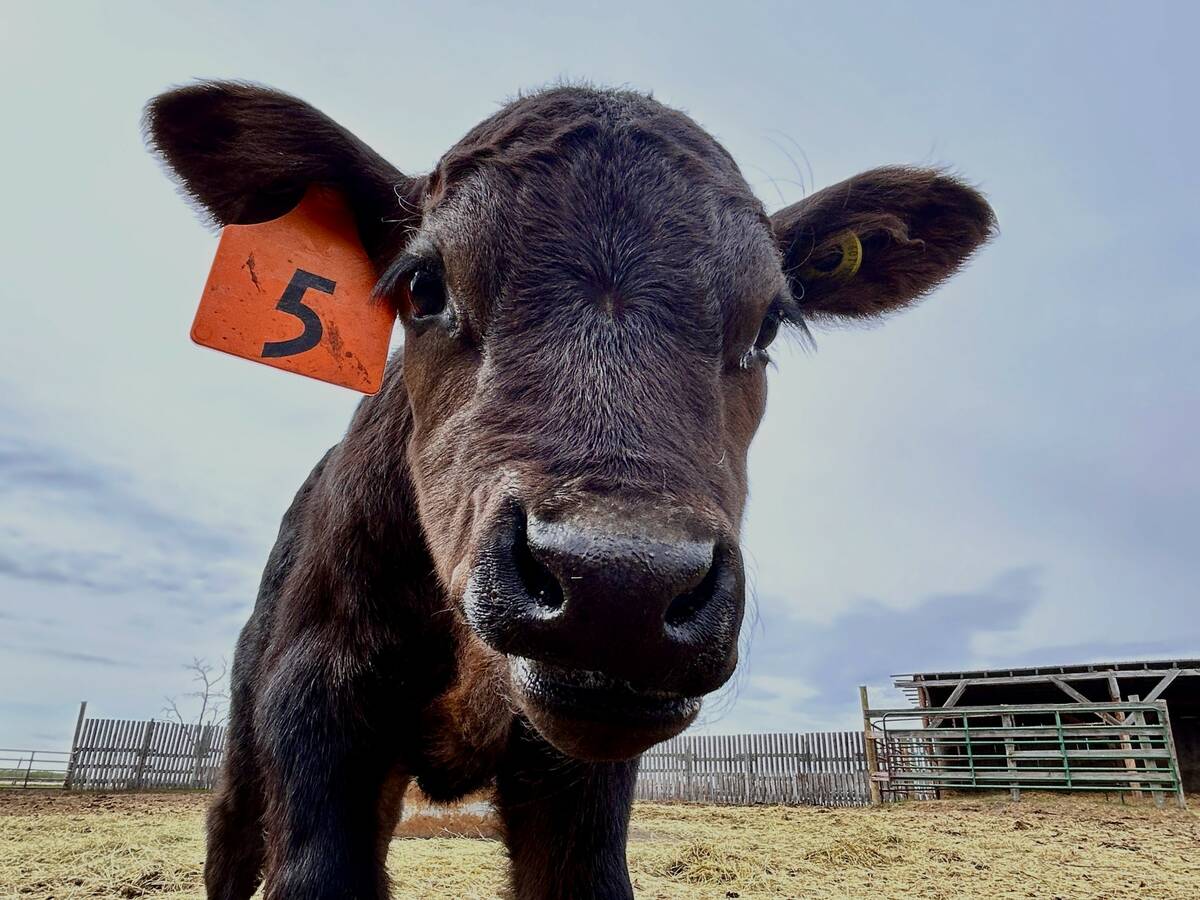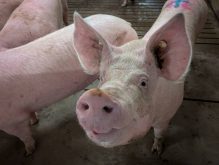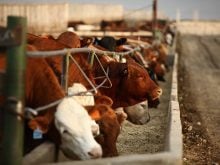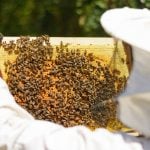Paris | Reuters — Indonesia has reported an outbreak of African swine fever on a farm on the Riau Islands near Singapore, the World Organization for Animal Health (WOAH) said on Tuesday.
The outbreak that killed 35,297 pigs in a herd of 285,034 on a farm located on Bulan island was detected on April 1 and confirmed on April 28, the Paris-based WOAH said, citing Indonesian authorities.
African swine fever (ASF) is not dangerous to humans but is fatal for pigs. It has plagued China for years, with an initial wave during 2018 and 2019 killing millions of pigs and leading to a dramatic decline in meat output that roiled global markets. China is facing a recent surge in infections this year.
Read Also

Health Canada stops sales of coccidiosis medication Deccox on procedural issue
Deccox, a medication to prevent coccidiosis in calves and other livestock, is temporarily off the market after Health Canada issued a stop sale order earlier this month.
The source of the Indonesian outbreak is still unknown but veterinary authorities told WOAH that humans, vehicles, feed, flies and wild boar may have played an important role in the introduction of ASF on the farm.
The investigation started after the disease was detected by the Singapore Food Agency in imported pigs, they also said.
Indonesia is already up against another major livestock disease outbreak, after foot-and-mouth disease (FMD) turned up there in April last year. The country had previously been considered FMD-free by WOAH since 1990.
— Reporting for Reuters by Sybille de La Hamaide in Paris.















